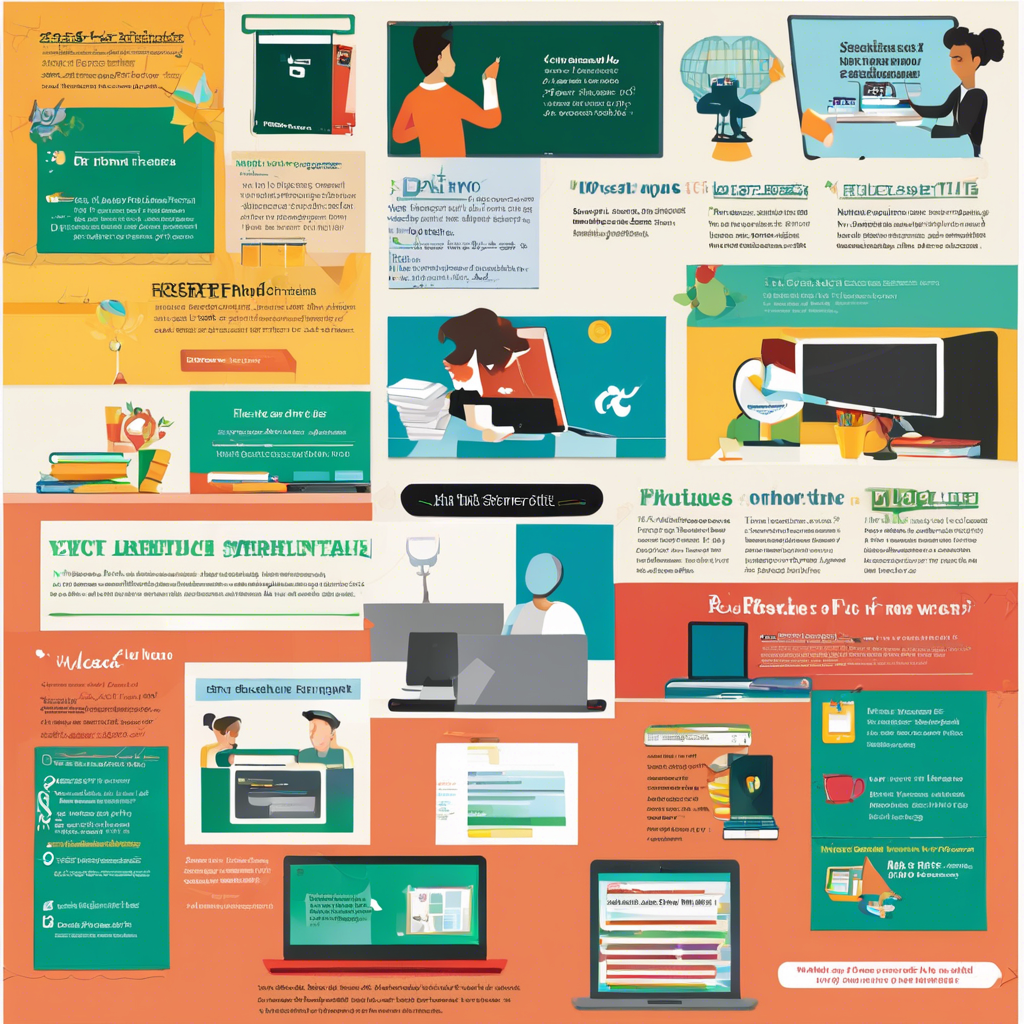Online learning has transformed education, offering students and professionals flexible opportunities to gain knowledge and develop new skills. With the rapid rise of digital platforms, learners now have access to world-class instructors, interactive courses, and certifications from prestigious universities and industry leaders. The challenge, however, is choosing the best platform among the vast array of options available.
Key Factors to Consider in an Online Learning Platform
Before diving into the best sites for online learning, it’s essential to understand what makes a platform effective. Here are some crucial factors to consider:
- Course Variety: A good platform should cover a broad spectrum of topics, from technology and business to arts and personal development.
- Accreditation & Certification: Some learners need certificates that are recognized by employers or academic institutions.
- Quality of Instruction: The best platforms feature courses taught by industry experts, university professors, and experienced professionals.
- User Experience & Engagement: Interactive elements such as quizzes, assignments, and discussion forums enhance learning.
- Affordability & Accessibility: Cost and ease of access, including mobile compatibility and offline learning, can be game-changers.
Top Online Learning Platforms
1. Coursera – Best for University-Level Education
Coursera partners with prestigious institutions like Harvard, Stanford, and the University of London, offering over 7,000 courses across various disciplines. Many courses are free to audit, but certificates and degrees come at a cost.
Pros:
- Courses from top universities and organizations
- Flexible learning schedules
- Certificates recognized by employers
Cons:
- Some courses require payment for certification
- Limited interaction with instructors
2. Udemy – Best for Affordable Skill-Based Learning
Udemy boasts over 210,000 courses covering everything from coding and marketing to music and personal development. Most courses are created by independent instructors, meaning quality can vary, but reviews help users make informed decisions.
Pros:
- Frequent discounts and promotions
- Lifetime access to purchased courses
- Huge variety of topics
Cons:
- No accreditation
- Quality varies depending on the instructor
3. edX – Best for Professional and Academic Learning
Founded by Harvard and MIT, edX provides free and paid courses from top-tier universities and institutions. Learners can also enroll in MicroMasters and full-degree programs.
Pros:
- University-backed courses
- Free auditing options
- Recognized certificates and degrees
Cons:
- Some certifications are expensive
- Course deadlines can be strict
4. LinkedIn Learning – Best for Career Advancement
Formerly known as Lynda.com, LinkedIn Learning offers thousands of courses tailored to business, technology, and creative fields. Since it integrates with LinkedIn, completing courses can enhance a professional profile.
Pros:
- Strong focus on career skills
- Personalized recommendations
- Certificates visible on LinkedIn profiles
Cons:
- Subscription-based model
- Limited deep academic content
5. Khan Academy – Best for Free Educational Content
Khan Academy is a nonprofit offering free courses in subjects like math, science, economics, and history. It’s perfect for students looking for supplemental learning resources.
Pros:
- 100% free
- Well-structured lessons for all age groups
- Strong focus on foundational subjects
Cons:
- Lacks professional certification
- Fewer advanced courses compared to competitors
6. Pluralsight – Best for Tech Professionals
Pluralsight specializes in courses on programming, cybersecurity, IT, and data science. It’s widely used by tech professionals and companies for workforce training.
Pros:
- High-quality courses for IT and software development
- Skill assessments and learning paths
- Industry-recognized certifications
Cons:
- Subscription can be pricey
- Limited content outside of tech fields
7. MasterClass – Best for Learning from Celebrities & Experts
MasterClass offers unique courses taught by industry leaders and celebrities, such as Gordon Ramsay (cooking), Neil Gaiman (writing), and Serena Williams (tennis). The focus is on storytelling and expertise rather than structured learning.
Pros:
- Engaging and high-production quality
- Learn from world-renowned figures
- Great for creative and lifestyle skills
Cons:
- No certifications or academic value
- Expensive for casual learners
8. FutureLearn – Best for Social Learning
FutureLearn provides courses from universities and businesses with a strong focus on collaboration. It offers free and paid options, including micro-credentials and degrees.
Pros:
- Engaging discussion forums
- University-backed courses
- Some free courses available
Cons:
- Limited course selection compared to competitors
- Certifications can be expensive
9. Skillshare – Best for Creative & Business Skills
Skillshare is geared toward creatives, offering courses in graphic design, photography, animation, and entrepreneurship. Classes emphasize hands-on projects.
Pros:
- Affordable subscription model
- Strong creative and entrepreneurial focus
- Engaging, community-driven learning
Cons:
- No certification options
- Some courses lack depth
How to Choose the Right Platform
The best online learning platform depends on individual needs and goals:
- For university-level education: Coursera or edX
- For career advancement: LinkedIn Learning or Udemy
- For tech skills: Pluralsight
- For free education: Khan Academy
- For creative skills: Skillshare or MasterClass
Final Thoughts
Online learning has democratized education, making high-quality resources accessible to anyone with an internet connection. Whether you’re looking to advance your career, learn a new hobby, or earn a degree, there’s an online platform that fits your needs. By carefully evaluating factors like content quality, cost, and accreditation, you can make the best choice for your learning journey.

